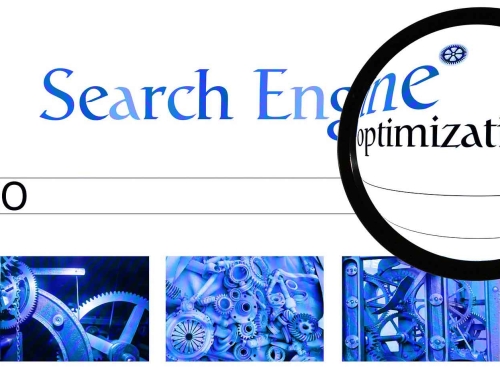We’ve all been there. You head to a company’s website to check out a product or service offering and while the website may avoid the dreaded slow page-load, it’s not exactly a wealth of information. A website that is poorly designed or just plain lackluster isn’t doing your brand any favors and certainly won’t entice customers to conduct their business with you.
There’s no shortage of articles on the web of how to attract more website traffic, and while a strong SEO strategy truly is essential, it’s too easy to overlook what it is that keeps people coming back. After all, your business would prefer regular visitors to its website rather than someone who visits once and never again, right? (Of course, you would!)
Related: Building an eCommerce Website: 8 Technical Aspects You Need to Know
Everyone knows that eCommerce has been on the rise for years, but nobody expected 2020 to turn out the way it has, and in relation to the topic at hand, its impact on eCommerce. According to TechCrunch, eCommerce sales in April jumped nearly 50 percent. While that jump didn’t continue to climb at such a rapid rate in the following months, this year is expected to see an overall jump in eCommerce sales of 18 percent. With those kinds of numbers, making sure your brand’s website is living up to its fullest potential should certainly be at the top of any leader’s to-do list.
Long story short, if customers don’t have a pleasant experience on your website and find it to be of value, they won’t give you their business. Which is why entrepreneurs and business owners should be asking themselves: “What’s my website offering to the customer?
Related: Is it Time to Rebuild Your Website?
Customers want to learn something when they visit
The reason you’re on this article is the same reason visitors come to your brand’s website — to hopefully learn something. That could be as simple as your business’s contact information. However, your chances of turning a website visitor into an actual customer are going to substantially increase if you teach them something of real value. What products or services do you offer? What separates you from the competition? What new industry insights or developments should potential customers know about?
Related: Want to Market Your Business More Authentically?
Don’t make the mistake of simply thinking of this as marketing, what your website should be providing are insight and context. Take for example furniture. You could simply create website marketing that highlights the appeal of a leather couch, but a more effective strategy would be a buying guide that offers both the advantages and disadvantages of a leather couch compared to one with fabric upholstery. Customers who are more educated are going to make a wiser purchase decision, which in turn, is going to increase the likelihood they’re happy with their choice and your business.
If customers don’t learn something visiting your website (or at least feel it was worth their time) they won’t be back. So teach them something.
Don’t let a lack of customer support result in a lack of customers
The rise of eCommerce is due in large part to the convenience it offers, and a big part of the equation to factor in is customer support. If your business makes it difficult for visitors to reach out and make contact, then it’s really shooting itself in the foot. Studies have shown that 89 percent of consumers would take their business elsewhere within a week if they received poor customer service. Avoiding that starts with offering complete contact information: email, social media channels, phone number, and yes, a physical address. Reliable contact information is one of the things consumers demand on a business website, so do your brand a favor and provide it.
Companies should also consider using live chat to provide 24/7 support to visitors. Most businesses probably don’t have the manpower to operate an in-house customer support team around the clock, but artificial intelligence has come a long way in recent years. Providing, at a minimum, AI customer service can also help keep track of recurring issues visitors may be having and provide valuable feedback for customer support managers.
Wow them, but don’t overwhelm them
Imagine if you walked into a brick-and-mortar store (remember those?) and all the products were haphazardly tossed all over the place, no signage, no organization, just as much stuff as possible randomly scattered about. You’d probably do a 180 and move on to someplace else. That’s exactly the sort of thing that potential customers are going to do if your website tries to cram too much onto a single page — especially if it’s the ever-so-important homepage.
Related: Ten Ways to Earn More Repeat Buyers
Take Romi Eyewear for example. Its website is incredibly clean with large images that pop. It wows the visitor without overwhelming them. Even the copy is kept rather minimal and crisp, yet folks can still easily find what they’re looking for with the navigation bar at the top.
One of the best things you can offer visitors to your brand’s website is visual appeal. We’re visual creatures and our brains process images infinitely faster than text — around 60,000 times faster. Even if your business offers as many products as Amazon, you don’t want to make the mistake of bombarding visitors to your website with all of them at once. Let a few key images do the talking.
The right SEO strategy is key for driving traffic to your business’ website, but if visitors are disappointed once they get there, they’ll never return. In this day and age, a brand’s website is often its most powerful selling tool, so take the necessary steps to ensure that it offers real value to existing and new customers.













Leave A Comment
You must be logged in to post a comment.